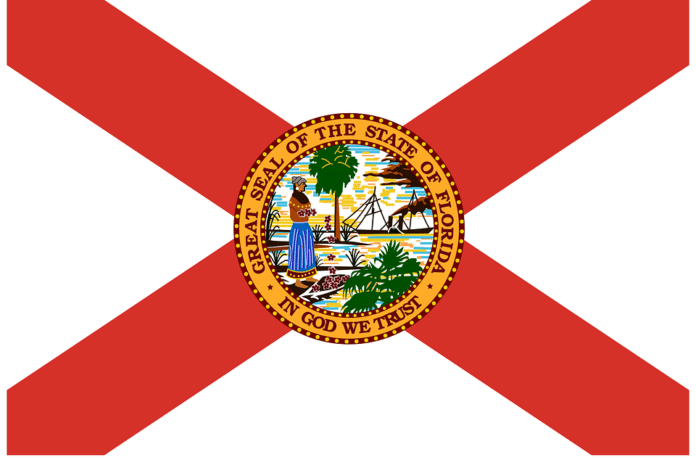Sunshine laws provide insight into the deliberations of elected officials. At one point public meeting were meaningless, because the decisions were already hammered out in smoky back rooms and the meetings were a formality. The discussions in the meetings were meaningless since the decision had been made.
Sunshine laws provides a level of transparency that did not exist before the sunshine laws were passed. Often municipality government meetings before the sunshine laws consisted of a series of votes that were incomprehensible to the public. An issue would be raised and they commission or council would vote in a previously agreed upon fashion and the issue would pass or fail without a serious discussion.
The sunshine laws allowed the public insight into the deliberative process of the commissioners or council members. This enabled the public to understand what arguments were persuasive to which commissioner and have insight into their deliberative process.
The sunshine laws require that the commissioners do not discuss issues that they may have to vote on with each other. Often due to an abundance of caution, commissioners have the least information of what each other’s position is in the room. This is frustrating to the public and the commissioners, but it provides the maximum insight into the thought process of the commissioners.
The end result of the sunshine laws is that the elected officials are sometimes making complicated decisions in the meeting in reaction to the other commissioners. Many of the attendees might have spoken with the commissioner and expected the action. The attendees could not tell the other commissioner, since they would then become a conduit which is a violation of the sunshine laws. The commissioner can ask to delay the vote when something unexpected happens, but often moving forward is important.
The sunshine laws can be frustrating to members of an elected government body, since they can make the process less efficient. However, bringing the deliberation into the public eye is an acceptable tradeoff for a more difficult process. The decisions they are making are impact the public’s money and therefore the public should have the maximum amount of input and insight.

